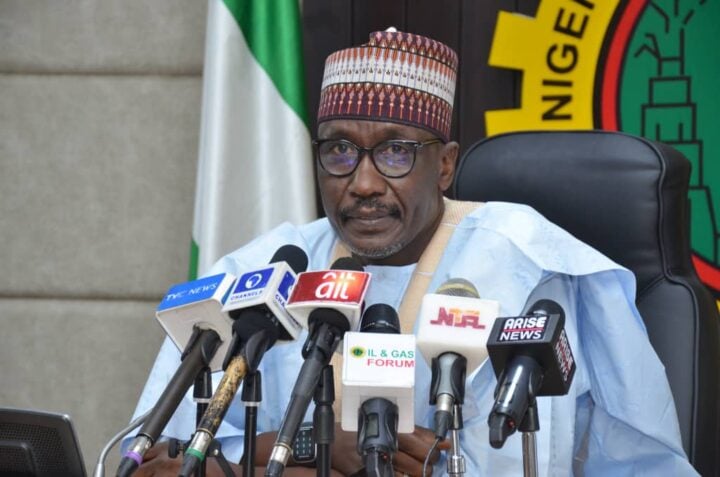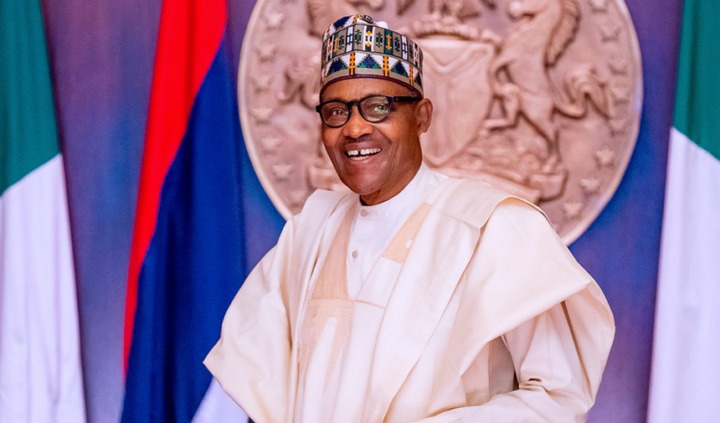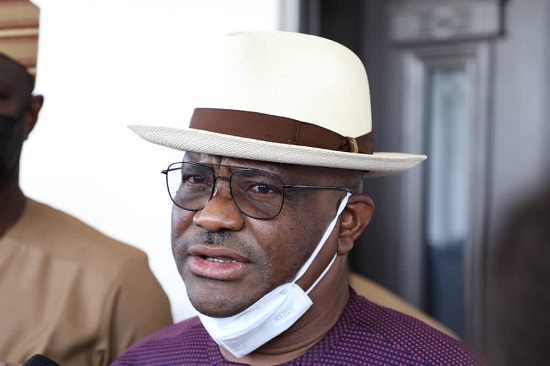The revenue drama that dominated the public space in the past weeks does not look like it will end anytime soon.
This is because the Nigerian National Petroleum Corporation (NNPC) has disclosed that its projected monthly remittance to the federation accounts allocation committee (FAAC) for May will be zero.
The corporation said this in a letter to the accountant-general of the federation, on Tuesday, a copy of which was seen by TheCable.
In March, Mele Kyari, group managing director (GMD) of the Nigerian National Petroleum Corporation (NNPC), had warned that the corporation can no longer bear the burden of underpriced sales of premium motor spirit (PMS), better known as petrol, to consumers in the country.
Advertisement
He, however, promised that there will be no increase in the price of petrol until talks between the government and stakeholders are concluded.
“The price could have been anywhere between N211 and N234 to the litre. The meaning of this is that consumers are not paying for the full value of the PMS that we are consuming and therefore someone is paying that cost,” he had said.
“As we speak today, the difference is being carried in the books of NNPC and I can confirm to you that NNPC may no longer be in a position to carry that burden.”
Advertisement
In the letter to the accountant-general, NNPC said N111.96 billion will be deducted from April 2021 oil and gas proceeds — due to the federation in May — noting that the deduction is necessary to ensure the continuous supply of petroleum products to the nation and guarantee energy security.
“The Accountant General of the Federation is kindly invited to note that the average landing costs for Premium Motor Spirit for the month of March 2021 was N184 per litre against the subsisting ex-coastal price of N128 per litre, which has remained constant notwithstanding the changes in the macroeconomic variables affecting petroleum products pricing,” the letter read.
“As the discussions between Government and the Labour are yet to be concluded, NNPC recorded a value shortfall of N111.966,456,903.74 in February 2021 as a result of the difference highlighted above. Accordingly, a projection of remittance to the federation for the next three months is presented in the attached schedule.”
WHAT THIS MEANS FOR STATES
Advertisement
There has been concern over shortfall in the FAAC revenue for the three tiers of government, with Godwin Obaseki, governor of Edo state, accusing the Central Bank of Nigeria (CBN) of printing N60 billion to augment the March allocation.
However, Obaseki’s claim was refuted by Zainab Ahmed, minister of finance, budget and national planning, with Godwin Emefiele, governor of the CBN, describing it as a political ploy that is “unfortunate and totally inappropriate”.
The zero remittance from NNPC will affect the monthly allocation to states for the coming months, which may make them unable to meet their statutory obligations such as payment of salaries to workers in their respective states.
A source, however, told TheCable that the shortfall will be augmented from the N200 billion saved from previous months.
Advertisement
RISING OIL PRICES: THE DOUBLE-EDGED SWORD FOR NIGERIA
The resurgence in the price of crude oil bodes well for the Nigerian economy, as this will boost the country’s revenue needed for the implementation of the 2021 budget, improve crude oil receipts, and consequently bolster foreign exchange inflows.
Advertisement
However, the prolonged high crude prices will ultimately feed into a climb in petrol’s landing cost — meaning an increase in fuel price.
The Petroleum Products Pricing Regulatory Agency (PPPRA), through a petrol pricing template released in March, had announced an increase in the retail price of petrol. The template announcing the price increase was later deleted by the agency.
Advertisement
1 comments








Nigeria is faced with too many challenges. There is no alternative to allowing market forces determine the pump price of PMS. This is in our best interest in the long run.